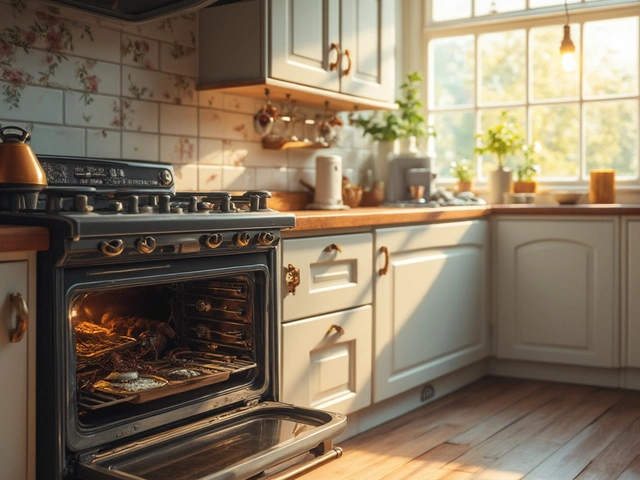What is an Example of an Appliance? Everyday Machines Explained
April 24 2025Gas vs Electric Water Heater: Which Is Right for Your Home?
When your hot water runs out, the first thing you wonder is whether a gas or an electric water heater would serve you better. Both can do the job, but they aren’t identical. Let’s break down the main points so you can pick the one that fits your budget, your house, and your lifestyle.
Cost and Efficiency
Gas heaters usually have a higher upfront price, but they heat water faster and often cost less to run if natural gas is cheap in your area. An electric unit is cheaper to buy and install, especially in homes without a gas line. However, electricity rates can make the monthly bill higher, particularly if you use a lot of hot water.
In terms of efficiency, modern gas models can achieve around 90% efficiency, while top‑of‑the‑line electric heaters can reach 99%. That means an electric unit wastes almost no energy, but the source of that electricity matters – if it comes from a coal‑heavy grid, the overall environmental impact might be higher than a clean‑burning gas system.
Maintenance and Safety
Gas heaters need regular inspections for venting, gas leaks, and carbon monoxide. A yearly service by a qualified engineer keeps them safe and running smoothly. Electric heaters have fewer moving parts, so they typically need less frequent check‑ups – a simple flush to remove sediment is often enough.
Safety-wise, gas units carry a risk of leaks and combustion gases, so you’ll need a working CO detector. Electric heaters avoid those risks but require a dedicated circuit and proper wiring to handle the load, especially for larger tanks.
Space can also be a factor. Gas heaters need ventilation and a flue, which takes up more room. An electric unit can be mounted in tighter spaces, making it a good choice for apartments or homes without a gas line.
Overall, the decision comes down to three things: how much hot water you use, what energy costs look like in your area, and whether you’re comfortable with the maintenance routine. If you want quick recovery time and low operating costs and you already have gas, a gas heater is likely the better fit. If you prefer a low‑maintenance, space‑saving solution and don’t mind a slightly higher electric bill, go with an electric model.
Whatever you choose, regular maintenance will keep your system efficient and safe. Schedule a check‑up at least once a year, keep the tank clean, and watch for any odd sounds or leaks. A well‑maintained water heater – gas or electric – means reliable hot water and lower energy bills.
 27 Jun
27 Jun
How Long Should Your Water Heater Last? Lifespan, Signs, and Replacement Tips
Everything you should know about how long a water heater lasts. Discover practical maintenance tips, warning signs, and real facts to help you plan for a replacement.
Read More...



